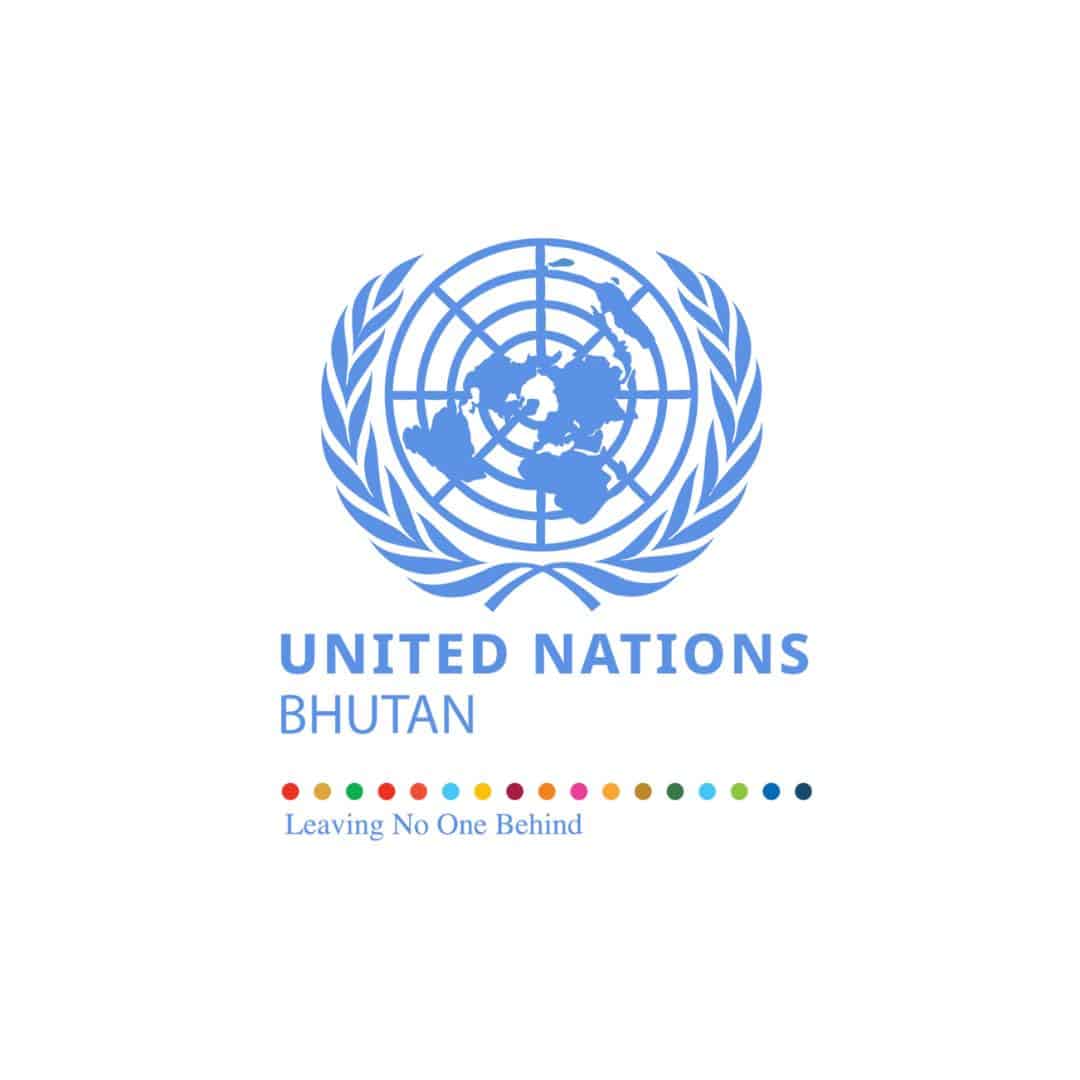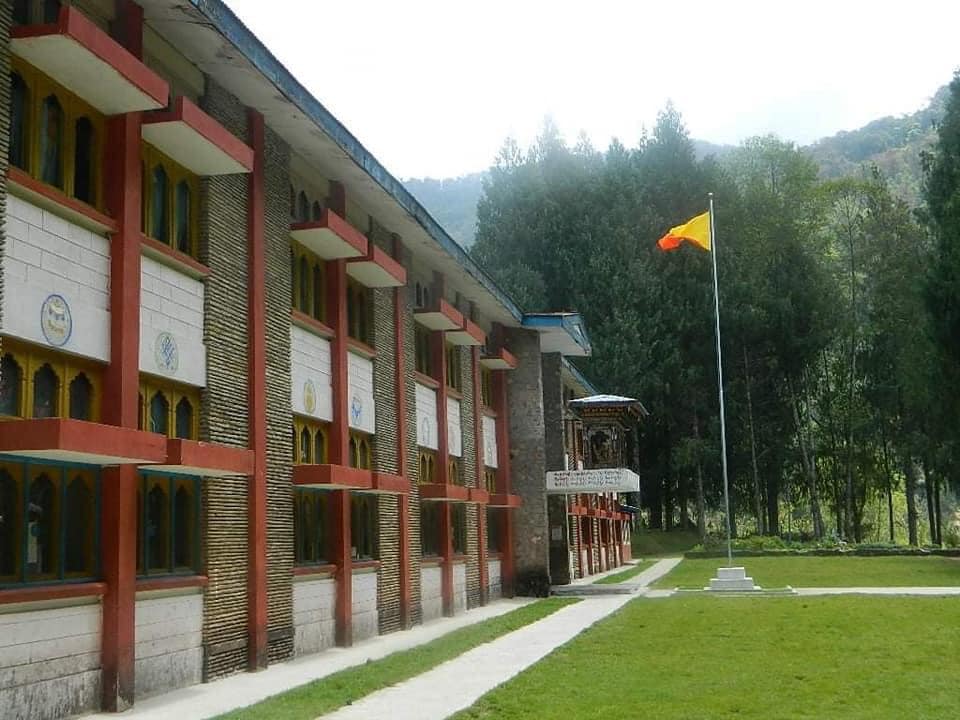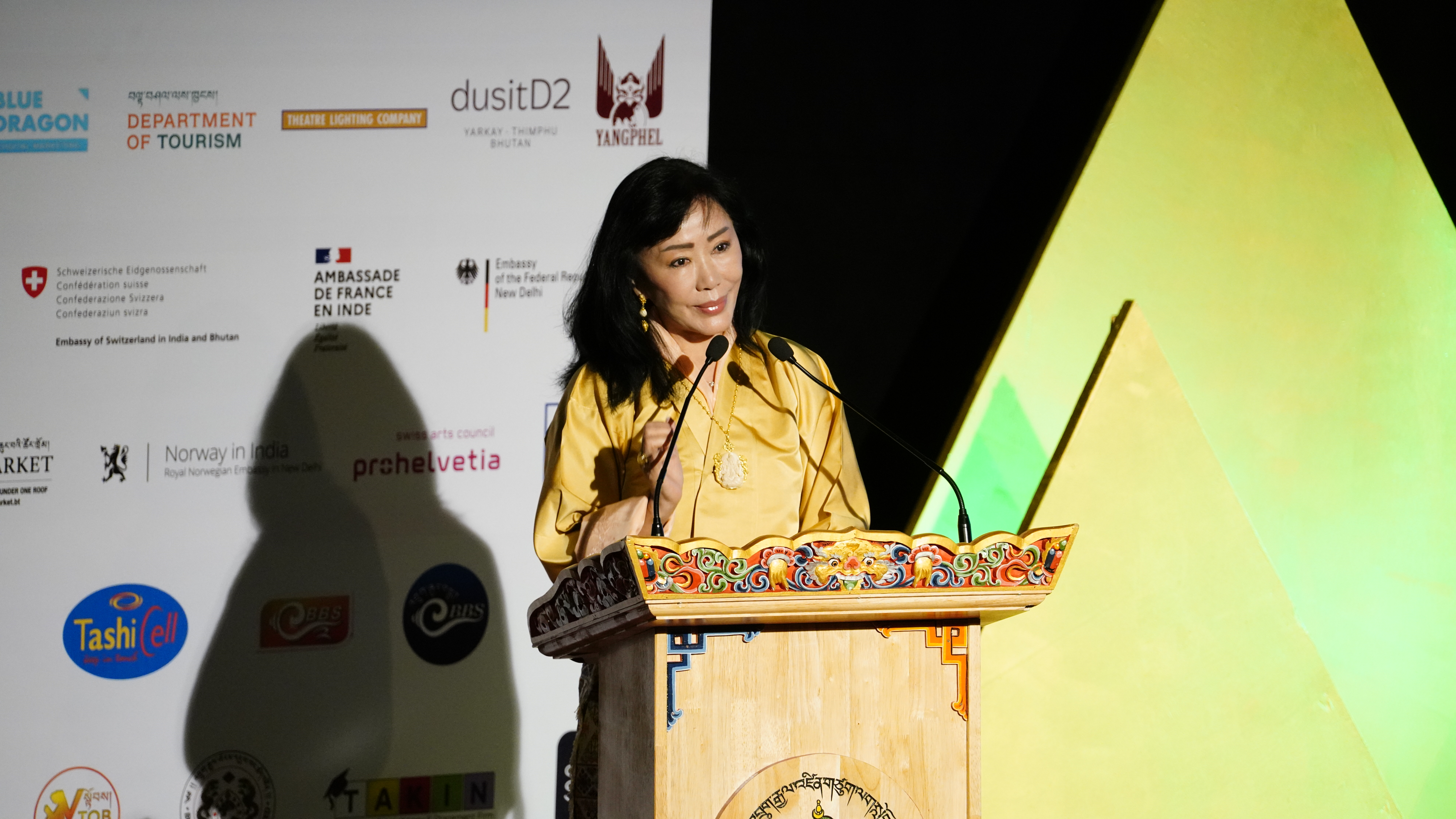Regional tourism has spelled the beginning of the end of Bhutan’s exclusive brand as a high-end travel destination. Look around the streets in Thimphu or tourist attraction sites, there is plenty of evidence. The sheer number of regional tourists – which is of course just another euphemism for Indian tourists – flooding our towns, marketplaces, alleys, you name it, is undermining Bhutan’s ‘high value, low impact’ tourism policy.
And what is making this worse is, tour operators in India selling travel packages in dirt-cheap prices. And if this continues, Bhutan’s much cherished exclusivity will soon go for a toss. Bhutan has now become a cheap destination for the so called regional tourists who might even be surprised themselves seeing so many of their own kind flocking the country.
The danger is real though.
If our policy makers feel that Bhutan should not subscribe to the BBIN due to fears of “population inundation” they should as well fear and take steps to combat what is already taking place, namely Indian tourists flooding the country. Does it make sense that we want to avoid BBIN but are letting in regional tourists like there’s no tomorrow?
Where are our claims of exclusivity and being a high-end tourist destination? Agreed, the country needs to be a friendly neighbor and the hotel business is benefitted. But wouldn’t it be so much better if instead of the small fry we focus on the bigger ones which would not only earn in dollars but also be good for Bhutan’s image and exclusivity?
Also, we might as well realize that giving access to hordes of regional tourists could not only destroy our cultural and environmental heritage but also mar the country’s image and discourage tourists from third countries visiting it. And no, we are not being anti-India. In fact, the majority of our construction workers are Indians. And we have nothing against them because they work and contribute to a sector where human resources are lacking. Here what we talking about is our image, Brand Bhutan, and the possibility of endangering it for a few fast bucks.
Bhutanese people have Indian friends and vice versa. Bhutanese people do go to India, too and we treat each other well. We are friends. But here we are not only talking of friendship but an industry and services that demand tough action, more than pleasantries. Here we are talking about our nation’s sovereignty, exclusivity and economy and what a single mistake can do to them.
The authorities are thinking of introducing a sustainable development fee for regional tourists. Would that be enough to curtail the numbers? Maybe we need to explore other ways such as putting a cap on the number of regional tourists visiting Bhutan. That seems like a more viable option.
We don’t want to become another Bangkok. Agreed it is an economic hub but we want to become one without compromising on the quality of our tourism services or our culture and environment. We don’t want to become cheap.
The threat is not imaginary. Brand Bhutan must be protected. Our leaders who had vision imposed the policy of self-isolation for a long time so that foreign powers would not threaten us. Currently, we cannot afford to be self-isolated but we must be careful how, when and to whom we open our doors.
This is not jingoism. This is caution. And forethought for the tourism industry.














